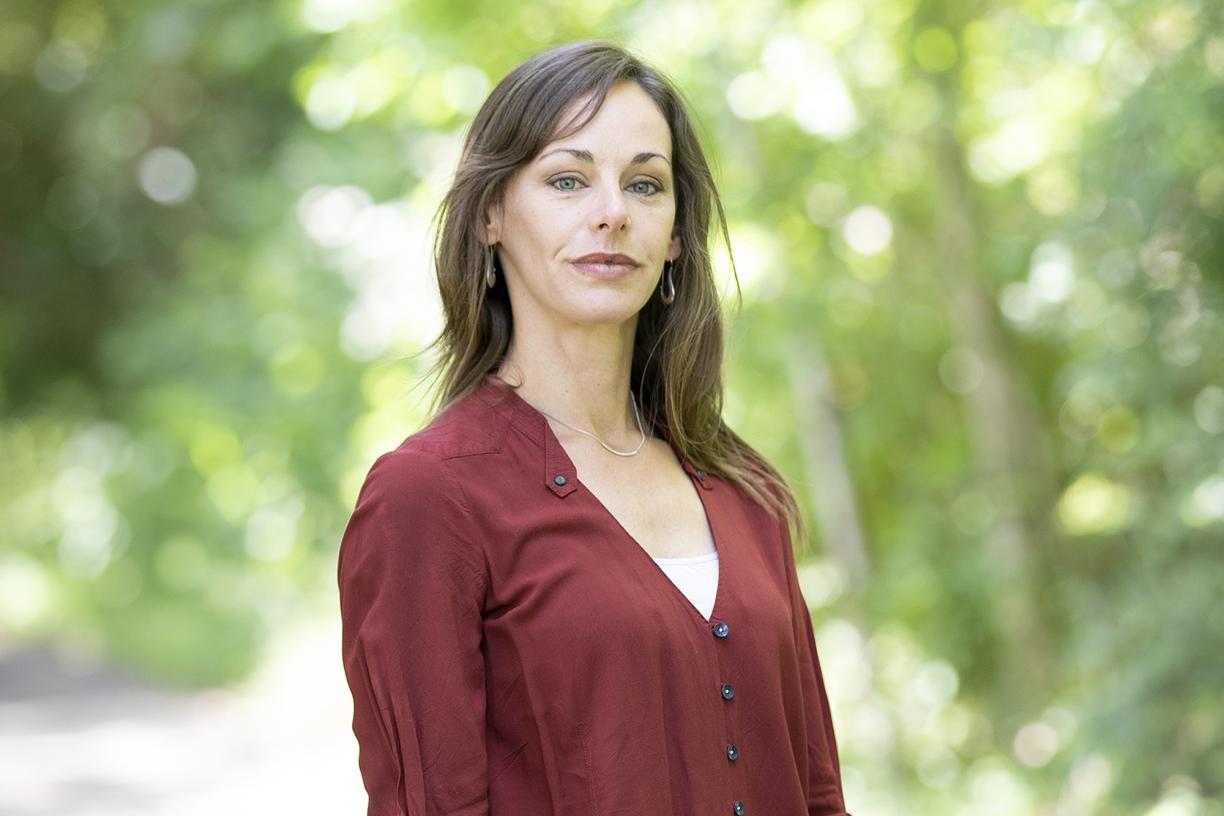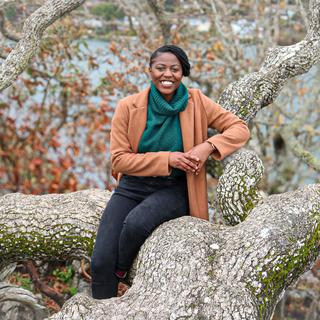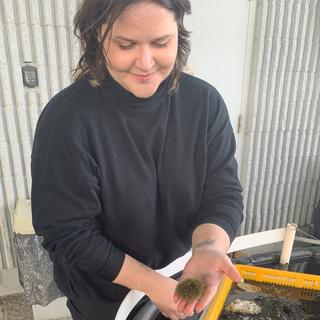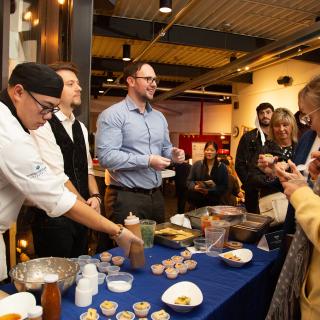VIU Biology Professor Jasmine Janes has received a Discovery Grant from the Natural Sciences and Engineering Research Council (NSERC) to help her research bog orchid hybridization.
Bog orchids are hybridizing naturally in the wild even though there are multiple barriers that should prevent this process from occurring, says Jasmine Janes, a Vancouver Island University (VIU) Biology Professor, who is researching the phenomenon.
A hybrid is the result of cross pollination between two different species or varieties, which creates a new plant with different qualities and traits.
“According to various species concepts, hybridization shouldn’t be happening, or it should be very rare,” explains Janes. “Orchids often have very specific pollinators – one type of pollinator is suited to one type of orchid so it should only pollinate that particular species.”
Janes wants answers to numerous scientific questions. Is this hybridization serving an evolutionary purpose or is it a “mistake”? Should we be trying to preserve pure species, or do we want some kind of hybridization because this is the way plants evolve? Is this allowing species to cope with human interferences such as climate change? Is it allowing orchids to attract more pollinators, which makes them more successful?
Understanding the answers to these questions could help in developing tailored management and conservation efforts for terrestrial orchids, which are considered sensitive species because of their relationships with both insects and fungi, says Janes.
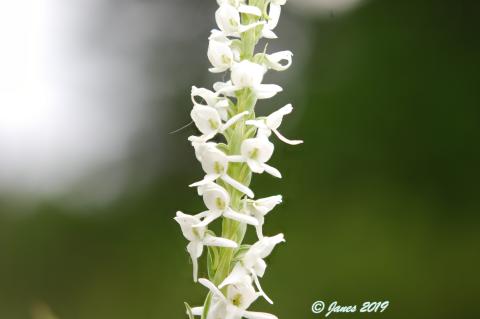
It will also allow scientists to better understand the process of evolution – where new species arise – and how the addition and/or loss of a species can impact ecosystems. For example, hybrids are usually a mixture of traits from their parents. Those parents attract certain pollinators and the hybrid may be better or worse at attracting those pollinators, which could result in ecosystem-level changes because of the new “player” in the system.
Janes says in the past scientists assumed hybridization didn’t happen often in the wild, but thanks to genetic testing, scientists have discovered about 25% - or a quarter - of all plant species have a hybrid origin.
It will also allow scientists to better understand the process of evolution – where new species arise – and how the addition and/or loss of a species can impact ecosystems. For example, hybrids are usually a mixture of traits from their parents. Those parents attract certain pollinators and the hybrid may be better or worse at attracting those pollinators, which could result in ecosystem-level changes because of the new “player” in the system.
Janes is studying bog orchids because they are prevalent on Vancouver Island and in BC and they haven’t been studied much. She’s examining them to determine how the barriers to reproduction between species are being bypassed at each stage, such as tracking pollinators and the beneficial relationships with different fungal species. Janes will use camera equipment to monitor the species and is using different coloured dyes, injected into the pollen sacks, to help determine how far pollinators move pollen and how often it is moved to a different orchid species.
Janes has been awarded a Natural Sciences and Engineering Research Council of Canada (NSERC) Discovery Grant for her project, Tri-Kingdom Co-evolution: Mechanisms and Consequences of Hybridization. She’ll receive $28,000 per year over five years to help fund her research.
“It’s an honour to know that your work has been reviewed by peers in your field and they think you have some really cool ideas and noteworthy research,” says Janes. “These awards are considered the gold standard in Canada when you’re doing scientific research, and without the financial support of NSERC I wouldn’t be able undertake this project.”
The funding will also allow Janes to hire student researchers, which enables students to gain valuable research training and knowledge that is applicable for the management of vulnerable populations, horticultural propagation, fungal biosecurity and comparative genomics. She hopes to hire about 10 students over the five-year period.
-30-
MEDIA CONTACT:
Rachel Stern, Communications Officer, Vancouver Island University
C: 250.618.0373 l E: Rachel.Stern@viu.ca | T: @VIUNews

